
"Mind Moments," a podcast from NeurologyLive, brings you an exclusive interview with Gregory W. Albers, MD.

Matt Hoffman, Editorial Director for NeurologyLive, has covered medical news for MJH Life Sciences, NeurologyLive’s parent company, since 2017. He executive produces the NeurologyLive Mind Moments® podcast, and hosted the Medical World News show Deep Dive. Follow him on Twitter @byMattHoffman or email him at [email protected]

"Mind Moments," a podcast from NeurologyLive, brings you an exclusive interview with Gregory W. Albers, MD.

The organization called attention to unintended harms of the current Medicare benefit structure and the need for the Center for Medicare & Medicaid Services to be more “patient-focused” in its assessments.

Catch up on any of the neurology news headlines you may have missed over the course of the last month, compiled all into one place by the NeurologyLive team.

Mitzi Joi Williams, MD, offered her perspectives on the patient and physician roles in MS care, the need for comprehensive care teams, resources for patients, and ongoing research.
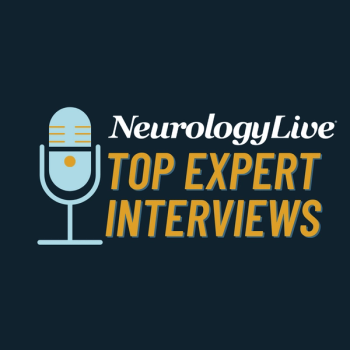
Expert clinicians offer their perspectives on the ongoing shortage of neurologists, transgender and gender-diverse individuals with migraine, artificial intelligence and neuroimaging, Student Sleep Health Week 2021, and the importance of rehabilitation therapy in multiple sclerosis.
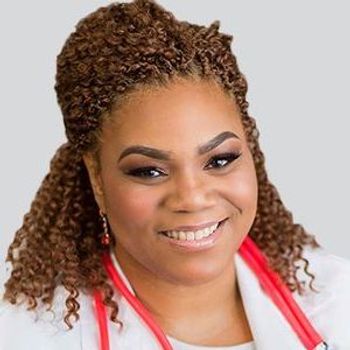
Mitzi Joi Williams, MD, shares her insights about differences in treatment and approach between millennial patients and the older generations of those with MS.

The gepant, marketed as Qulipta, is the first oral calcitonin gene-related peptide receptor antagonist approved for episodic migraine.

The investigational antiamyloid beta (Aß) protofibril antibody previously known as BAN2401 is being submitted to the FDA under the accelerated approval pathway for the treatment of Alzheimer disease.

The director of the UAB Huntington's Disease Clinic offered his insight on a recent assessment of HD genetic testing at HDSA Centers of Excellence, and the associated costs for patients.

"Mind Moments," a podcast from NeurologyLive, brings you an exclusive interview with Patricia Bobryk, MHS, PT, MSCS, ATP.

At the Third International Congress on the Future of Neurology, experts in the care of sleep medicine offered insight into sleep and the glymphatic system’s roles in the development of dementias.
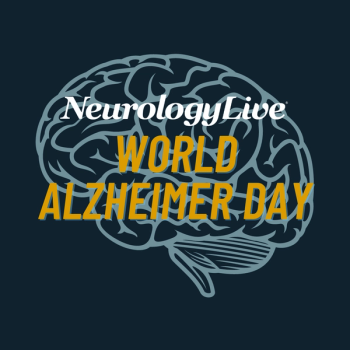
On World Alzheimer Day 2021, the NeurologyLive team has compiled interviews with experts in the field of Alzheimer disease care to offer up a summary of the latest in treatment and the remaining challenges.

Lisa Donahue PT, MPT, NCS, the director of Clinical Services at Evolution Devices, offered details about the EvoWalk platform, its potential in neurorehabilitation efforts, and its future clinical availability.

A study from the International Parkinson and Movement Disorder Society Virtual Congress suggest that despite protocol adherence, average costs are moderately high and vary significantly.

Deena Kuruvilla, MD, director, Westport Headache Institute, spoke to how the field and its related organizations might address the challenge of limited provider numbers, and what other efforts are required.

The FIGHT-PD study is expected to complete and read out interim results before the end of 2021. It aims to assess the exercise program’s safety, tolerability, and efficacy in Parkinson disease.

Patients who underwent deep brain stimulation procedures that were managed postoperatively in the home reported significantly fewer clinic visits with similar MDS-UPDRS scores to standard of care.

Deena Kuruvilla, MD, director, Westport Headache Institute, offered her insight into the trends in the clinical care of migraine and the effect that the pandemic has had on patients.

Data from MDS 2021 suggest that a 6-week brisk walking program can improve MDS-UPDRS nonmotor scores significantly compared to standard stretching interventions.

The combination drug of sodium phenylbutyrate–taurursodiol has been shown to functional decline in patients with amyotrophic lateral sclerosis compared with placebo in the phase 2/3 CENTAUR trial.
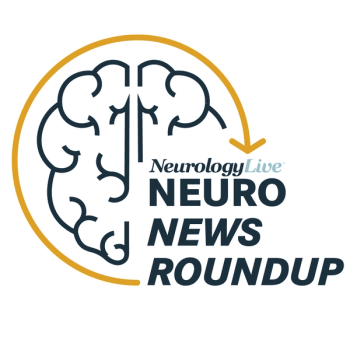
Get the latest news in neuromyelitis optica spectrum disorder, with data updates and expert insights, all in one place from the NeurologyLive team.

"Mind Moments," a podcast from NeurologyLive, brings you an exclusive interview with Deena Kuruvilla, MD.

Catch up on any of the neurology news headlines you may have missed over the course of the last month, compiled all into one place by the NeurologyLive team.
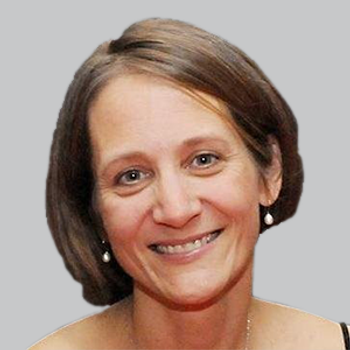
Two study authors provide commentary on data that suggests that offering clinicians more perspective into the individual patient experience can help inform care for those individuals with DRP.

Craig Martin, CEO, Global Genes, offered his inside perspective on the multistakeholder initiative and the fruits it hopes to bear for patients with rare CNS diseases.

Davis offered comments on the recent approval of brivaracetam (Birviact; UCB) as a treatment for pediatric patients with partial-onset seizures and its potential for these patients.

The global head of Neurodegeneration at Roche/Genentech offered her insights on additional analysis of the DIAN-TU trial of gantenerumab and perspectives on biomarker data.

Expert clinicians offer their perspectives on the upcoming IFN 2021 Congress, the impact of aducanumab, optic neuritis in NMOSD, cranial neuralgias, and miniature AD brain models.

AC Immune and Genentech announced that treatment with semorinemab, an investigational antitau antibody, in the phase 2 LAURIET study resulted in significant changes from baseline on ADAS-Cog11 scores.

Findings of the Salt Substitute and Stroke Study suggest a switch to salt substitute could reduce the risk of stroke by 13% in those with a history of hypertension or stroke.